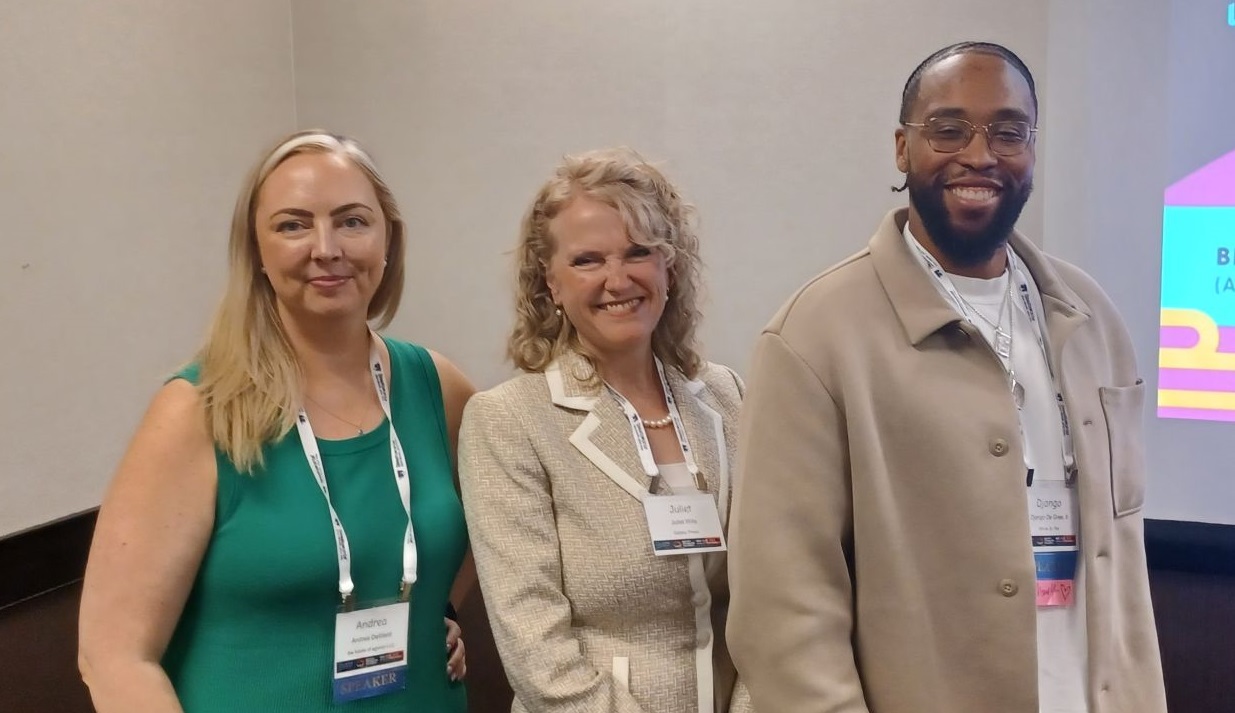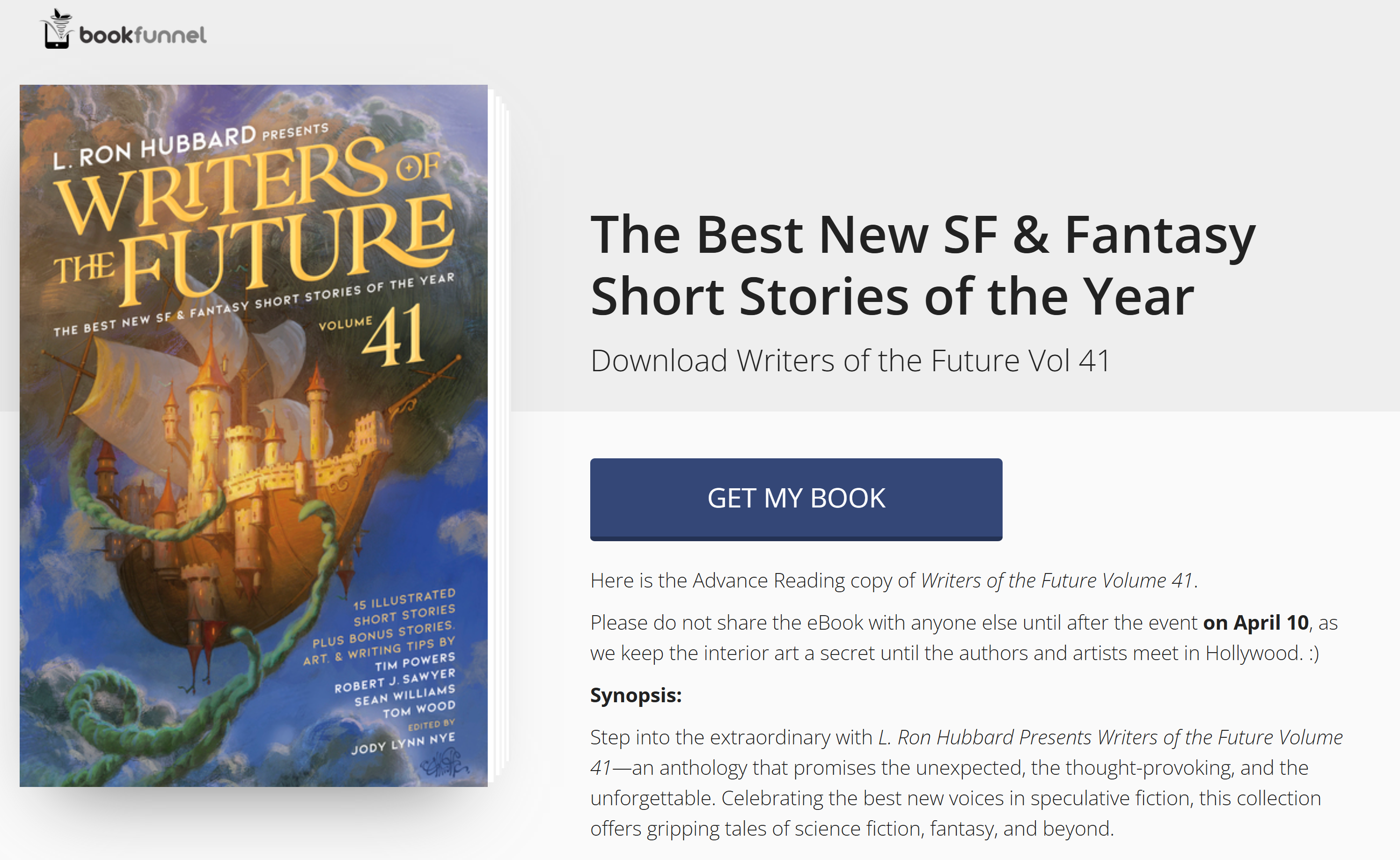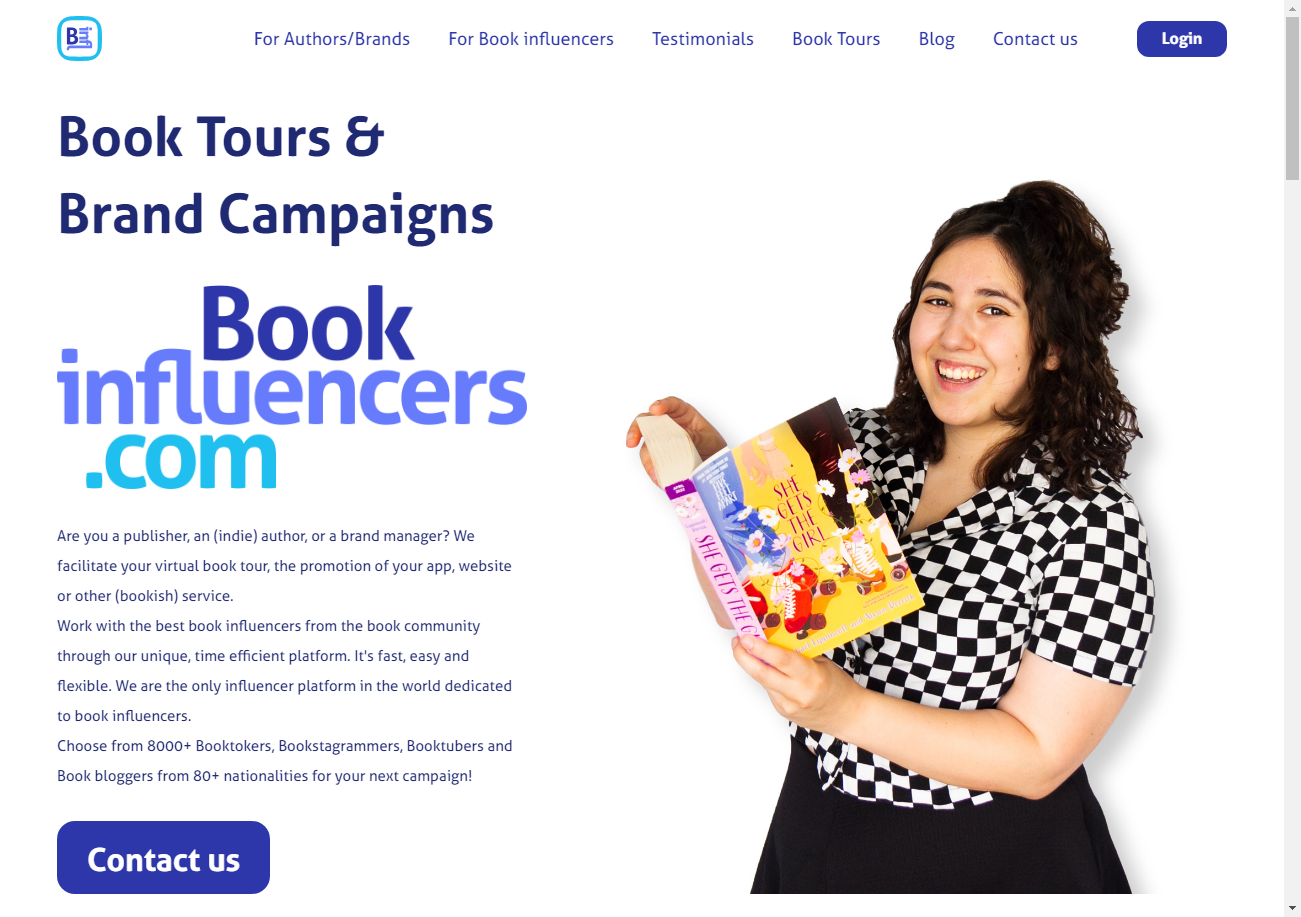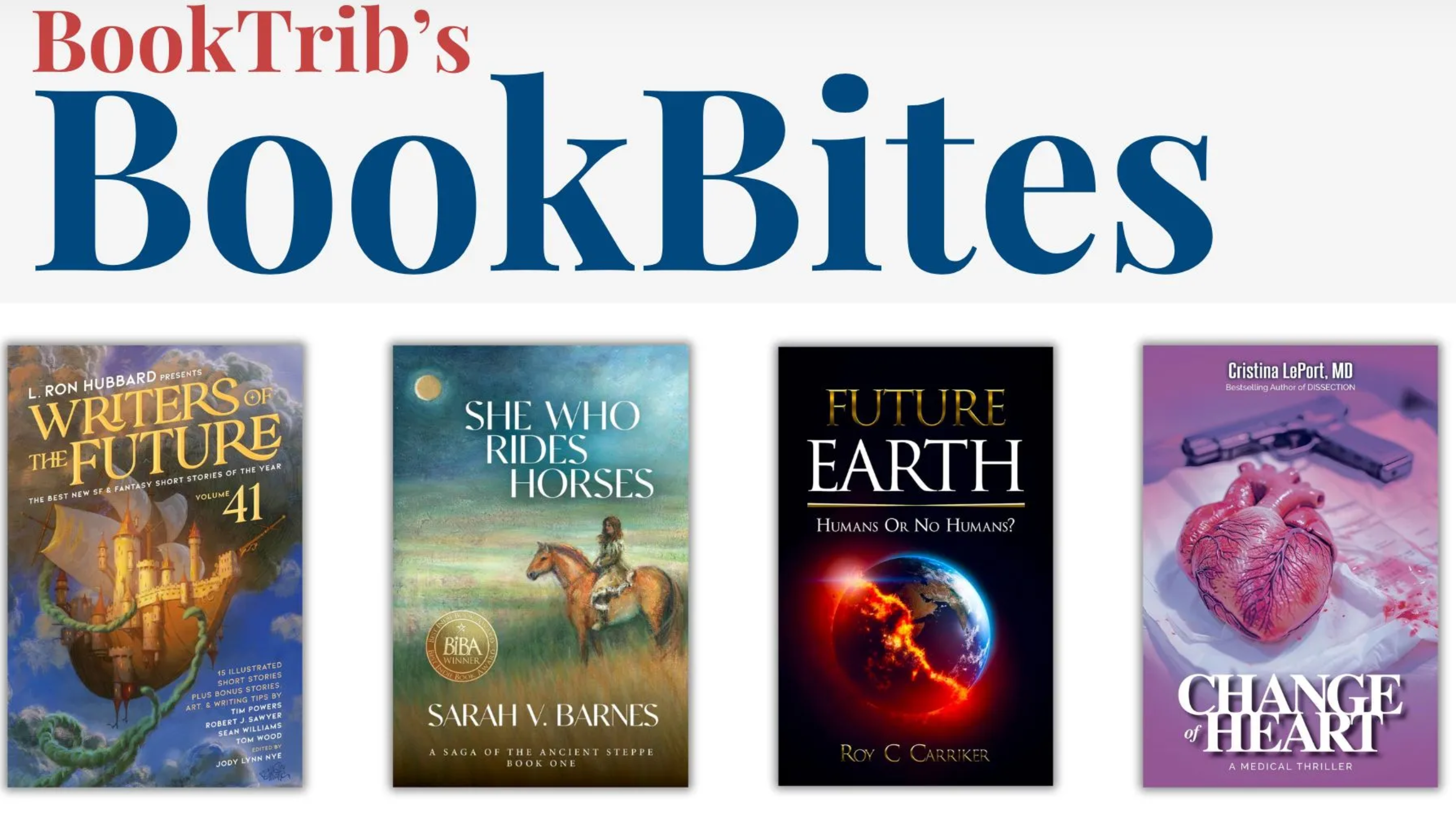The book market is more crowded than ever, with over 300,000 English-language titles published annually in the US alone. For independent publishers and authors, standing out requires strategic, reader-focused marketing. At the IBPA Publishing University 2025 seminar, experts Andrea DeWerd (the future of agency), Django Degree (Focus on Words), and Juliet Wills (Galaxy Press) shared practical strategies to navigate this competitive landscape. This article distills their insights into actionable steps, offering a clear path to connect with readers while maintaining a personal and professional approach.

Andrea DeWerd, Django Degree, and Juliet Wills at IBPA Publishing University 2025.
The Evolving Landscape of Book Marketing
The book market has transformed in recent years. Post-COVID dynamics have intensified competition, traditional media like newspaper reviews have dwindled, and even podcasts—once a fresh avenue—are now saturated, especially for fiction. As a result, authors must take the lead in their marketing efforts, as relying solely on intermediaries yields fewer guaranteed results. Key shifts include:
- Increased Competition: With more books vying for attention, targeted strategies are essential to cut through the noise.
- Shrinking Publicity Options: Traditional media coverage is declining, pushing authors toward direct efforts and influencer relationships to reach readers.
- Author as Marketer: Authors must actively promote their work, often without immediate feedback on what’s effective.
Leveraging Consumer Reviews and Word of Mouth
Word of mouth remains a powerful driver of book sales. Engaging readers early builds momentum, while authentic reviews from fans boost credibility and visibility. Here’s how to do this:
- Pre-Launch Reader Engagement: Use platforms like BookFunnel to distribute advance reading e-books to loyal readers four months before launch. These early fans provide honest feedback, fueling excitement. For example, Galaxy Press used this approach for Writers of the Future Volume 40, creating buzz through early reader engagement.
- Capturing Reader Data: Set up a direct sales platform to track buyers. This data supports follow-up campaigns, newsletters, or building an advance reading team. Platforms like FocusonWords.com are designed for this purpose.

Influencer Marketing Strategies
Social media offers unparalleled visibility, but success hinges on finding influencers who align with your audience. This process requires effort, as the wrong influencer can waste time and resources. Consider these approaches:
- Organic vs. Paid: Test to find the right balance. Galaxy Press, for instance, uses 75%-80% organic promotion (fan posts, book quotes, videos) and 20% paid campaigns on platforms like Meta.
- Finding Influencers: Use Bookinfluencers.com to identify relevant book influencers, but always evaluate their audience fit before partnering.
- Contracts for Clarity: With professional influencers, create written agreements outlining expectations, such as Goodreads reviews or the number of social posts.
- Brand Awareness: Influencers may not drive immediate sales but contribute to the seven to 10 touch points often needed for a purchase.
- Research: Search Instagram and TikTok for influencers covering similar authors or titles to find those likely to reach your readers.

Paid Promotions and Attribution
Paid promotions complement organic efforts, but tracking their impact can be tricky. Here’s how to approach it:
- Strategic Paid Options: Use BookTrib’s “Book Bites” for syndicated articles reaching 2,000 newspapers, Books Go Social for launch campaigns, Written Word Media, or Ingram iD for multichannel promotion. Platforms like Edelweiss and NetGalley help provide review copies to librarians and booksellers.
- Lookalike Campaigns: FocusonWords.com runs organic sales for two to three months to gather buyer data, then uses Meta’s lookalike campaigns to target similar demographics.
- Attribution Challenges: Third-party platforms like Amazon obscure sales origins. Direct-to-consumer platforms (Shopify, Square, FocusonWords) with tracking pixels offer clearer insights into which ads convert.

Audience Research and Targeting
Understanding your reader is the foundation of effective marketing. Here’s how to gain clarity:
- Self-Reflection: Ask, “Where did I buy my last book?” Your own habits can reveal where your readers shop, from events to online platforms.
- Tools for Insight: Use free or low-cost resources like:
- Attend genre-specific events like DragonCon for sci-fi/fantasy fans or partner with niche groups, like FocusonWords’ collaboration with neurodivergent-focused companies for an AI cookbook. Always encourage attendees to join your mailing list.
Fiction vs. Nonfiction Marketing
Reader motivations vary by genre, so tailor your approach:
- Fiction: Readers seek escape or emotional connection with characters. Craft immersive website content and marketing that draws readers into the story. Romance readers, for example, prioritize the next compelling story over author loyalty.
- Nonfiction: Readers seek solutions or transformation. Build trust through platforms like podcasts or speaking engagements before expecting sales.
- Children’s Books: These often sell as gifts, so target not just parents but also family, friends, and educators.
Building and Maintaining an Author Platform
A strong author platform connects you directly to readers. Here’s how to build one:
- Customization: There’s no one-size-fits-all. Galaxy Press, for example, maintains GalaxyPress.com as a retail hub, WritersoftheFuture.com for workshops and podcasts, and BattlefieldEarth.com as a fan-focused site.
- Organic Growth: Django De Gree grew to 17,000 TikTok followers by reviewing a comparable title, The Courage to Be Disliked, driving sales without directly promoting his book.
- Start Simple: Focus on authentic content you enjoy, like book clubs, Substack posts, or unedited videos, to avoid burnout.
Preorder Promotions and Incentives
Early buzz builds loyalty and awareness. Use these strategies to spark interest:
- Incentives: Offer free e-books, signed copies, bookmarks, or early access via BookFunnel for preorders. Django’s free e-book offer led 25% of preorder buyers to purchase again to support him.
- Data Collection: Use direct pre-sales (via your site with Stripe) to gather buyer data for future campaigns.
- Timeline: Start four months out with NetGalley, Edelweiss, and BookFunnel to secure early reviews.
- Preorder Page: Set up your title on Amazon for preorders to capture early interest.
The Power of Metadata
Metadata is critical for discoverability. It’s the data about your book—title, subtitle, cover, description, keywords, and categories—that helps readers find you online.
- Completeness: Provide detailed metadata on platforms like KDP, Ingram, or through an ONIX service. A strong cover and clear categories are essential.
- Resources: IBPA members can access a free metadata checklist at ibpa-online.org/page/ibpa-metadata-resource-center.
- Impact: Without robust metadata, your book is invisible to potential readers.
Key Tools and Takeaways
To elevate your book marketing, focus on these actionable steps:
- Optimize Metadata: Use IBPA’s checklist to ensure your title, cover, and keywords maximize discoverability.
- Own Your Platform: Sell directly via Shopify or FocusonWords for faster payouts (90% to authors) and valuable reader data.
- Build a Mailing List: Build a mailing list from day one.
- Engage Early: Use BookFunnel and NetGalley for pre-launch reviews, starting four months out.
- Know Your Reader: Research via Goodreads, Meta Insights, or personal buying habits.
- Target Smart: Leverage Bookinfluencers.com, BookTrib, Books Go Social, Written Word Media, or Ingram iD for outreach. Attend events like DragonCon to connect with your audience.
- Balance Efforts: Combine organic reviews and posts with paid ads and influencer campaigns for maximum impact.
Book marketing is critical to success in today’s crowded market. With countless distractions competing for readers’ attention, authors must connect authentically with their niche audience to rise above the noise.
Start today: Research your readers, optimize metadata, build a mailing list, and post authentically on platforms you enjoy.
By blending organic and paid strategies, you’ll build lasting connections that drive sales.
Andrea Jo DeWerd is a book marketing strategist, consultant, writer, speaker, and the founder of the future of agency LLC, a book marketing and publishing consulting agency.
Django Degree is the co-founder of Focus on Words, an AI-first, author-powered publishing and distribution company built to end creative gatekeeping and return control to the people who write the words.
Juliet Wills is the vice president of sales at Galaxy Press.